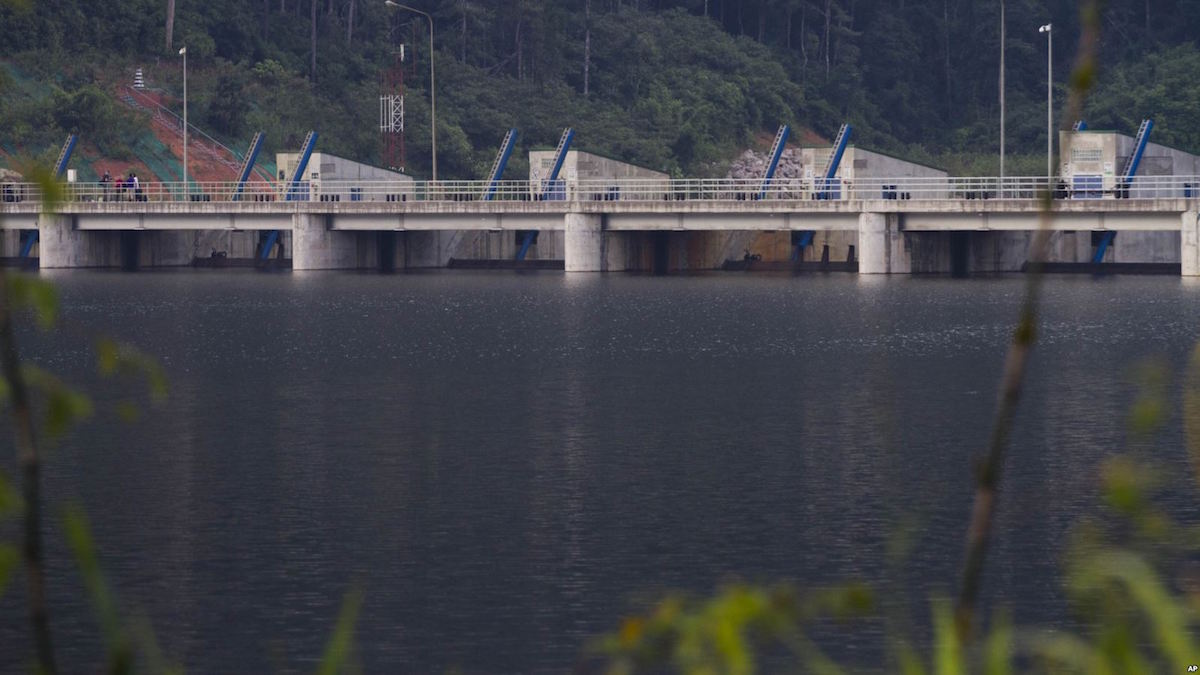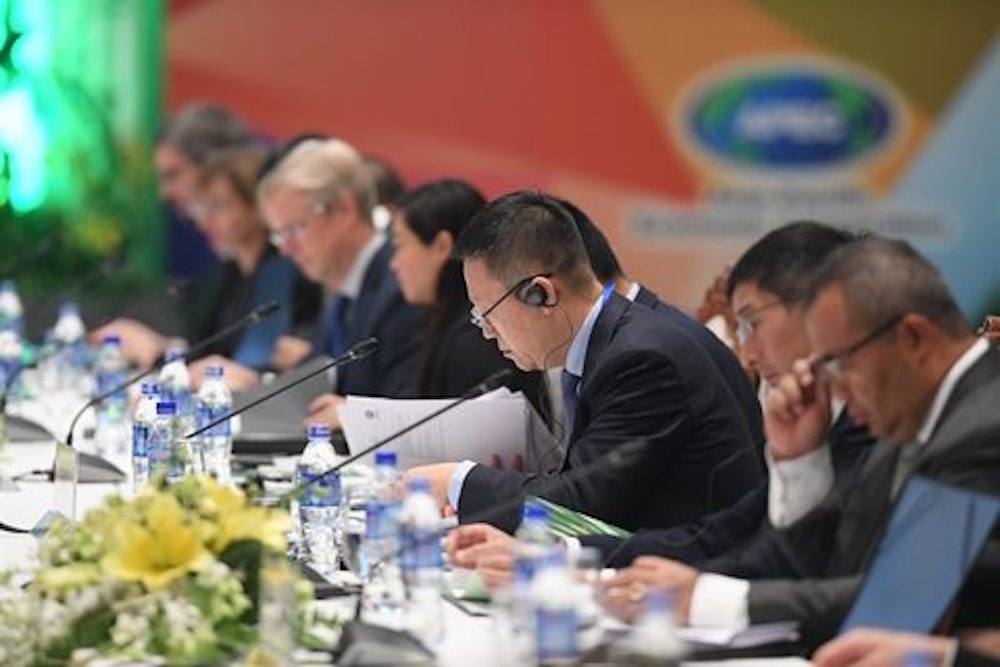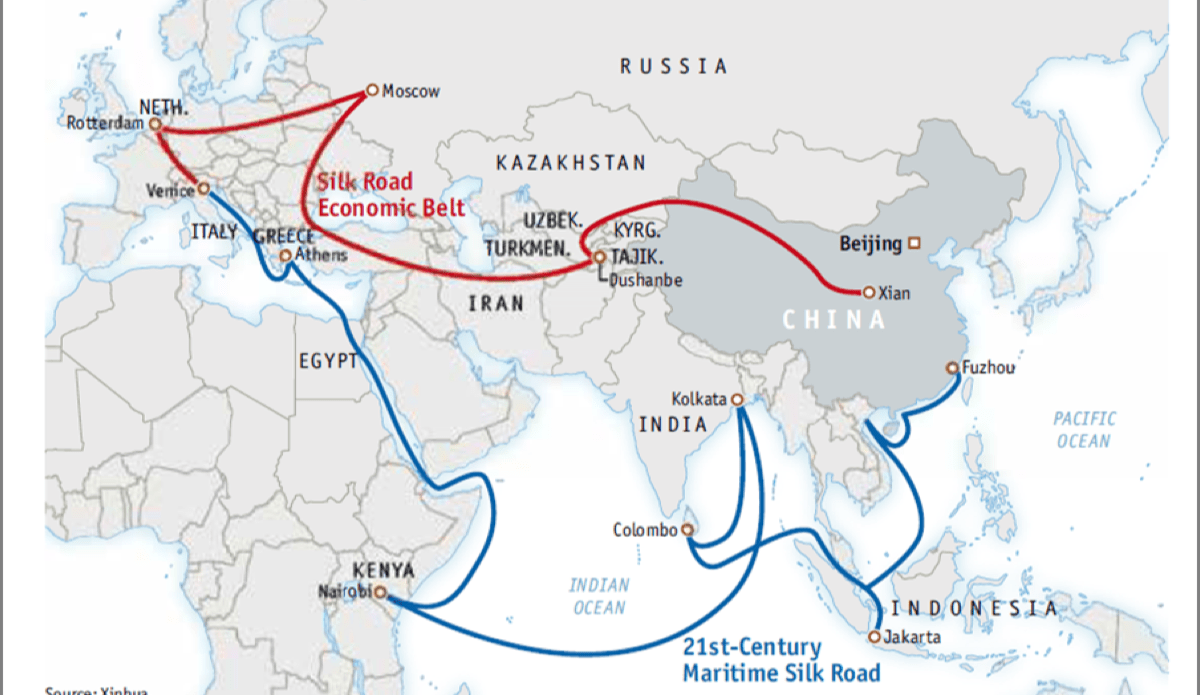Advocates of renewable energy in the United States point to its increasingly competitive cost in arguing against greater use of fossil fuels. Experts at a U.S. think tank have the same message for countries in the Mekong region, which are considering plans to expand hydropower dams and coal plants.
New economic and technological opportunities for improving and diversifying the Mekong Region’s energy mix are laid out in a report by the Washington-based Stimson Center.
Report co-author Brian Eyler says the region’s governments would be wise to review their energy master plans in order to not miss out.
“It is a good time to take a pause. Our message is not for countries in the Mekong sub-region to stop power-sector planning, but … to take a look at these emerging trends,” Eyler said.
New technologies carry less environmental and social impacts than large hydropower dams and coal-fired plants. And they make economic sense, as well, says the report’s co-author, Courtney Weatherby. She notes that as solar and wind technologies become more affordable and efficient, their power will be cheaper than energy generated by the hydropower projects planned on the Mekong and its tributaries.
“If you have solar available in the next few years at six cents a kilowatt hour, then some of the most-damaging dams really do not make sense when you look at the economic calculus for building them,” Weatherby said.
But about half of Cambodia’s energy needs are currently met by hydropower, and Ministry of Environment spokesperson Sao Sopheap said the government carries out comprehensive environmental impact assessments for dams and addresses their negative impacts.
He said energy can be generated from many sources, and hydropower from the dams is a renewable energy that Cambodia has good potential for.
Despite the Cambodian government’s focus on dams, alternative energy projects in the country are advancing with donor support, and rural households are also becoming aware of the increasingly affordable solar power technology.
In Boy, 65, one of thousands of Cambodian villagers who have installed solar panels, says he was waiting for electricity for so long, he decided to buy solar power to use. He adds it is so boring when there is no electricity and residents in other areas have it too.
The Stimson Center experts say as Cambodia and the other Mekong countries expand their electricity sources and national power grids through new technology and investment, there are also opportunities to improve efficiency in transmission, increase cross-border energy trade, and expand connections in rural areas.





